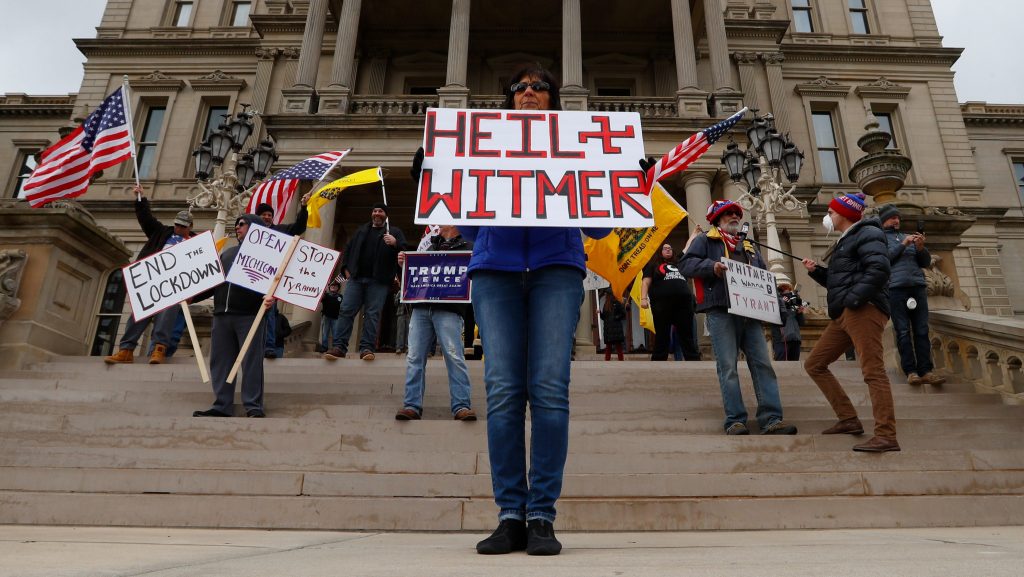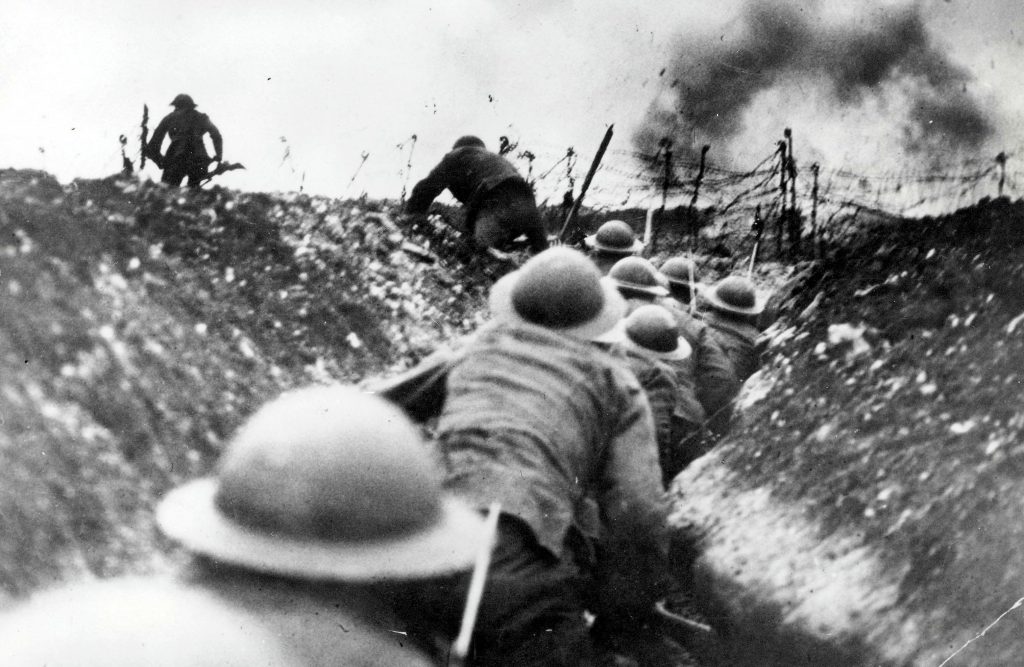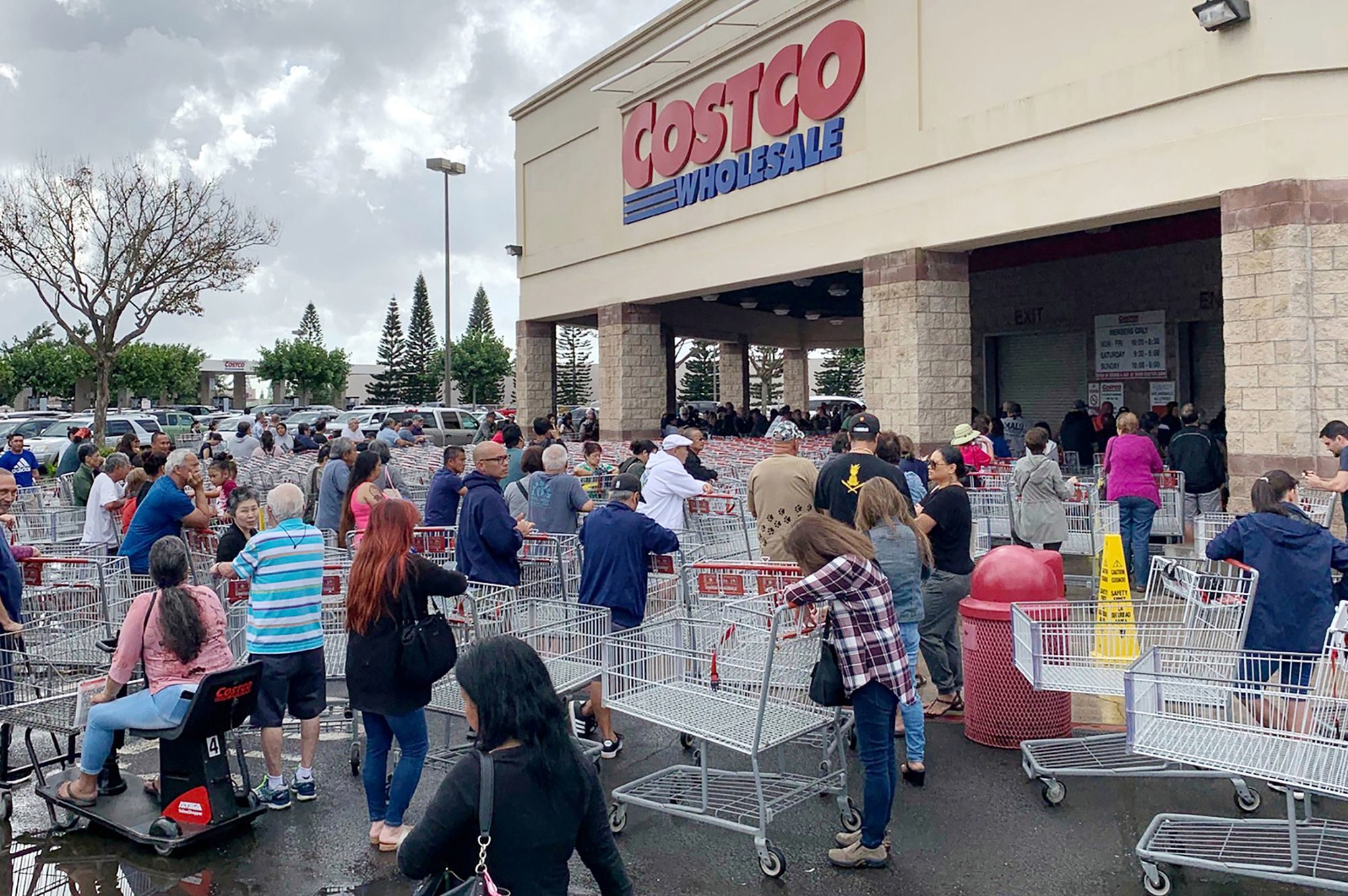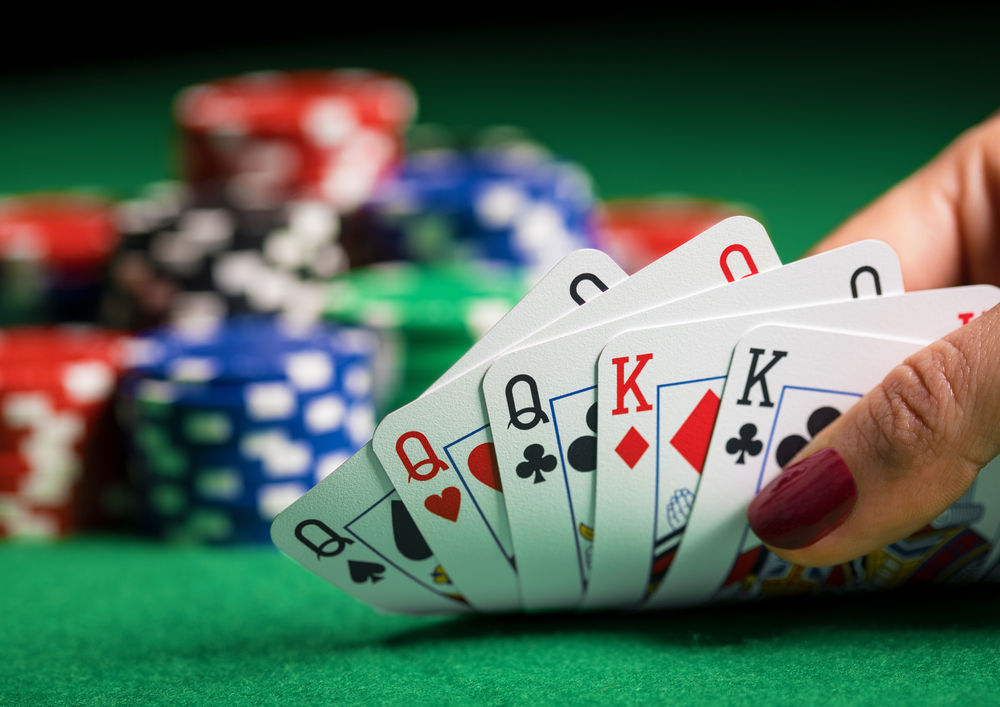
Only dead fish follow the stream -old Scandinavian expresion
It has been a while since my last post but I have been pretty distracted, I must admit. In this post I focus on some psychological lessons I have learned watching the past couple of weeks. This are lessons I already knew but the past few weeks have really been a reminder of them.
Many, maybe most, people have a very counterproductive threat assessment and response process. Initially, they fail to see a threat coming, then flip a switch and react in a rigidly doctrinaire manner (in a sense, overcorrection) and become increasingly rattled at anyone suggesting threats or costs emerging from that reaction.
I have a public health background, with a particular focus on the statistical measurement of health risk. I had experience with the fight against SARS. So I have to confess that I might have had a leg up on many folks in terms recognizing the Covid-19 threat early.
Nonetheless, it was stunning to witness how reluctantly folks recognized and admitted the Covid-19 threat. It was basically the flu, they insistently explained, and any suggestion of adjustment or modification of behavior was ridiculous. It was as if they were at the waters edge on the beach, noticed the water receding from the shore a moment ago, and now stare at a tsunami coming at them and think “what a pretty wave”.
Now many of those same folks have become lockdown zealots. The lockdown has become this kind of safety blanket for them, and they react with anger at any suggestion of costs, sustainability or growing cracks. To hell with civil liberties. You cannot criticize what has been obvious overrreach by a bunch of local petty tyrant officials. And if you are concerned about the loss of your job and how you will feed your family, you are selfish. This is taken from a recent post on my NextDoor network:
The worst part of this pandemic is seeing how many of my neighbors will happily sacrifice people they don’t know, because they lack basic empathy unless a situation impacts them directly. It’s disgusting and horrifying. They see no problem with sending all medical staff through a meat grinder of endless months of viral load and lack of PPE, as long as it’s not their spouse or family member. It’s totally cool to let old people, diabetics, asthmatics, and cancer patients die as long as they’re total strangers. I mean, as long as they can wander freely around Target, what’s wrong 2-3% of the US population dead, right?
Clearly fear is pulsating through this. But at the same time it hints at an inability to think simultaneously about multiple threats. This person is clinging desperately to the lockdown as a kind of safety blanket. The problem is this could end up being quite unsafe, including for health care workers (how much PPE do you think we’ll have when the economy collapses?).
And her fear has rapidly translated into anger. We can simultaneously have compassion for people who are scared like her and realize that they are a threat. But compassion should never allow us to look past threat.
Another element of this angry post is an implicit appeal to collectivism. You should be ashamed for worrying about yourself or your needs. And to prove it, here are your needs in shameful straw man terms.
We have seen this as well in the face of massive Covid-19 buying. If you don’t buy what the mob regards as a reasonable or appropriate amount of groceries, toilet paper, etc. you are “hoarding” and selfishly “taking from those who need it”. When reasonably challenged about the logic of this accusation, emotional hysterics quickly follow.
This is society as suicide pact. We face intense emotional pressure from angry and scared people who are trying to form coalitions to strip of us of our most basic human sovereignty: to do what we need to take care of ourselves. This is the peril of collectivism.
These people are dangerous. Some of them are our neighbors. Which means that in a crisis some of our neighbors are downright dangerous to us. In a bad situation, you need to learn how to say “no” even at the cost of a local relationship. Your family and their needs come first, and you need to careful, focused, calculating and frankly ruthless about this. Your child is your first priority, not your emotionally hysterical virtue signalling angry neighbor.
And you really cannot form useful allegiances with these folks. Burrowed in their angry den, they also now cannot see (or maybe insist in being denial about?) the inbound economic tsunami. These are people who are forever scared, emotional and behind the curve. You can’t work with them to identify threats and respond. Regardless of how many talks you enjoyed with them in the cul de sac on trash night before this all began.

Naturally, one implication of this anger is that folks are retreating into familiar trenches. Half of the discussants on NextDoor these days speak of “MAGA maggots who love money but hate other people’s lives” (literal quote) and “libtard assholes who want to destroy the economy probably to help vegetable Joe Biden in November” (another literal quote). In other words, this is devolving into the normal and expected channels of our national dialogue.
Which I think hints at something else I have seen in this. Despite all of the talk of how “everything has changed” and “the world will never be the same”, in fact the pre-existing faultlines of life actually grow stronger as we retreat into fear and anger. So I guess the lesson here is that, at least for a while, SHTF society will be kind of like pre-SHTF society, only more so.
The common thread through all of this is that these folks are the “preachers”. They are scared and externalize. That is how they handle crisis. It is toxic, counterproductive and dangerous.
Its not all bad though. Survival is partly about attitude. And we are also seeing “doers” emerge.
We’ve seen folks do things like take it upon themselves to buy groceries for at risk folks. Or sew masks. Or start humor threads on places like NextDoor. Or coordinate planning for what comes next (more on this in a post to follow).
People are revealing themselves in this crisis. They did so pretty quickly. Survival is going to partly be about identifying and differentiating the preachers and the doers. Form alliances with doers and ignore preachers.
Let the right ones in.

